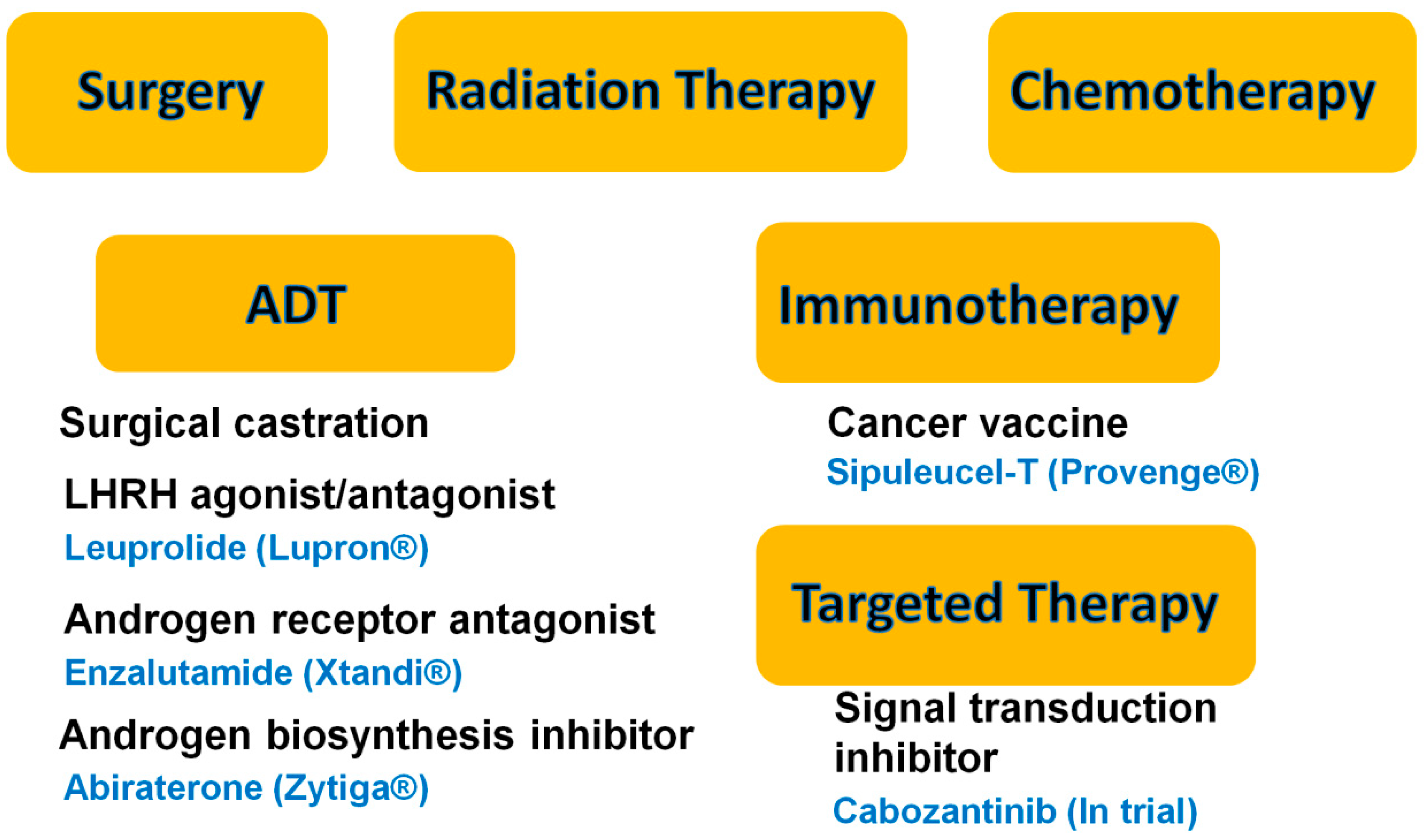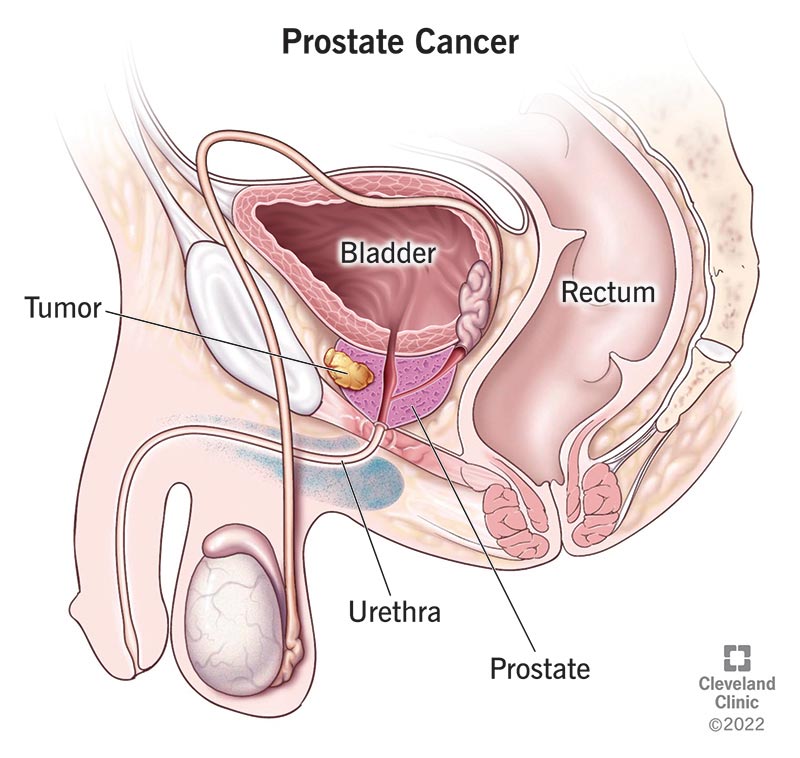The Facts About Best Prostate Cancer Doctor Uncovered
The Facts About Best Prostate Cancer Doctor Uncovered
Blog Article
Reliable Prostate Cancer Therapy Choices for Men
Prostate cancer cells is a prevalent issue amongst men, with treatment options differing depending on the phase and aggression of the condition. Additionally, approaches like careful waiting and active security are obtaining acknowledgment for their duty in taking care of prostate cancer cells.
Surgery as Treatment Alternative
Surgical treatment stands as a primary therapy choice for prostate cancer patients in cases where the condition is local and surgery is deemed appropriate by the health care team. Prostate cancer surgery intends to remove the malignant tissue from the prostate gland, either partly (prostatectomy) or completely (radical prostatectomy) The choice to choose surgical treatment is normally based upon various variables, including the phase of cancer, the person's general health and wellness, and prospective adverse effects.
One common surgical method is robotic-assisted laparoscopic prostatectomy, which supplies accuracy and minimal invasiveness contrasted to conventional open surgical treatment. This technique makes use of robotic arms controlled by the cosmetic surgeon to remove the prostate gland with improved dexterity and visualization.
While surgical treatment can be effective in eliminating localized prostate cancer cells, it may involve risks such as urinary system incontinence and erectile disorder. Individuals considering surgical procedure needs to engage in comprehensive conversations with their healthcare companies to evaluate the advantages and potential downsides of this therapy option.
Radiation Treatment for Prostate Cancer Cells
Having explored the role of surgery in dealing with localized prostate cancer, the focus currently changes to talking about radiation treatment as an additional essential treatment technique for this condition. Radiation treatment utilizes high-energy rays to destroy and target cancer cells in the prostate gland. There are 2 key sorts of radiation treatment frequently made use of for prostate cancer: exterior beam of light radiation and brachytherapy.
External light beam radiation includes routing radiation from a maker outside the body in the direction of the prostate. This approach is generally carried out daily over several weeks. On the various other hand, brachytherapy includes placing contaminated seeds directly right into the prostate, providing radiation from within. This strategy enables a more targeted dosage of radiation to the tumor while decreasing exposure to bordering healthy and balanced cells.
Radiation therapy can be a standalone therapy for local prostate cancer cells or used in combination with various other therapies, such as surgical procedure or hormone treatment, depending on the stage and aggressiveness of the cancer cells. best prostate surgeon in Mumbai. Typical adverse effects of radiation treatment may include tiredness, urinary concerns, and bowel troubles, which are normally short-lived and can be handled effectively
Hormone Treatment in Prostate Cancer
Hormonal agent therapy is an essential therapy approach in handling prostate cancer, specifically in situations where the cancer cells has actually spread past the prostate gland. Prostate cancer cells commonly count on male hormonal agents, such as testosterone, to grow. Hormonal agent therapy, additionally called androgen deprivation treatment, aims to either lower the manufacturing of these hormones in the body or obstruct their results on the cancer cells.
There are various kinds of hormonal agent treatment offered for prostate cancer therapy. Some men may profit from a mix of these therapies to efficiently take care of the cancer.
Hormonal agent therapy can assist reduce the development of prostate cancer cells, minimize signs, and boost top quality of life. It is not a medicinal treatment and may come with side impacts such as warm flashes, exhaustion, and loss of libido - Best prostate cancer doctor in Mumbai. Normal tracking and conversations with doctor are essential to handle the impacts of hormone treatment successfully
Immunotherapy for Prostate Cancer Cells
Immunotherapy has actually become an encouraging treatment technique for prostate cancer, providing brand-new opportunities for combating the illness. Unlike traditional therapies like surgical treatment or radiation, which directly target cancer see here now cells, immunotherapy jobs by utilizing the body's body immune system to identify and assault cancer cells.
One form of immunotherapy being checked out for prostate cancer is checkpoint inhibitors. These medicines target healthy proteins that avoid the body immune system from striking and acknowledging cancer cells. By blocking these proteins, checkpoint inhibitors can enhance the immune feedback against prostate cancer cells.
An additional strategy includes restorative injections, which stimulate the body immune system to target particular antigens located on prostate cancer cells. These vaccines can assist the body immune system damage and recognize cancer cells much more properly.


Watchful Waiting and Active Surveillance
In the realm of prostate cancer administration, particularly for cases where hostile intervention may not be quickly necessary, the strategy of watchful waiting and energetic security plays a significant function. Careful waiting includes keeping track of the cancer cells without instant treatment, intervening only if the cancer shows indicators of development. This strategy is often thought about for older clients with slow-growing tumors or those with several health and wellness issues where the threats of treatment may outweigh the advantages.
Active surveillance, on the various other hand, entails routine monitoring via PSA examinations, digital anal exams, and regular biopsies. It is commonly suggested for clients with low-risk prostate cancer to closely track any type of changes in the cancer cells's actions. If there are signs of the cancer coming to be a lot more hostile, treatment choices can be reassessed.
Both careful waiting and active surveillance goal to avoid unneeded therapies and their potential adverse effects, such as urinary incontinence and impotence, while ensuring timely treatment if the cancer advances. These approaches give a balance in between managing the cancer cells efficiently and maintaining the patient's lifestyle.
Verdict

Prostate cancer surgery intends to eliminate the cancerous cells from the prostate gland, either partially (prostatectomy) or completely (extreme prostatectomy)Having explored the role of surgical procedure in treating local prostate cancer cells, the focus currently moves to discussing radiation treatment as one more important therapy modality for this condition.Hormone treatment is an important treatment technique in handling prostate cancer, specifically in situations where the cancer cells has spread out past home the prostate gland. Careful waiting involves checking the cancer without immediate therapy, stepping in just if the cancer shows signs of progression. It is typically suggested for people with low-risk prostate cancer to very closely track any changes in the cancer cells's behavior.
Report this page